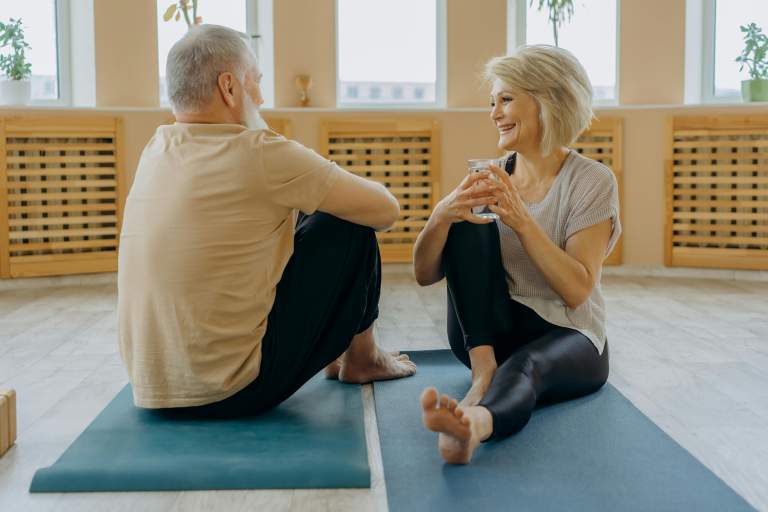Did You Know?

Strategies for Maintaining and Building Bone Density Throughout Life
Posted May 8, 2025
Maintaining and building bone density is possible at any age. Strategies that support bone health are essential throughout life.
Building bone density begins early in life and can continue to improve until around age 25, when peak bone density is reached. From then on, maintaining bone density is crucial to prevent osteoporosis later in life. Staying active and incorporating bone-strengthening exercises into daily routines is key to preserving bone health as we age.
Building Bone Density Until Age 25
During the first 25 years of life, bones are actively building density. Peak bone density occurs in early adulthood, providing a strong foundation for later years. Building strong bones early means entering menopause with a higher baseline, helping to better withstand the natural bone loss that follows.
Playing Sports from a Young Age
Engaging in weight-bearing activities and sports during childhood and adolescence helps to build strong bones and sets the stage for lifelong bone health.
Continuing to Weight Train Throughout Life
Weight training helps maintain and even build bone density throughout adulthood. It is particularly important after the age of 30 when sarcopenia (age-related loss of muscle mass) begins. Sarcopenia results in a gradual loss of skeletal muscle, about 0.5-1% per year until age 70, and accelerates to 2% per year after 70. Weight training can slow this process and maintain muscle mass, which is essential for preserving bone health.
Preventing Bone Loss After Menopause
Post-menopausal women experience rapid bone loss due to lower estrogen levels. Engaging in weight-bearing and resistance exercises, along with maintaining a balanced diet, can help prevent further bone loss and reduce the risk of fractures.
Maintaining Bone Strength After 30
After 30, bone density gradually starts to decrease. Regular exercise, including strength training and weight-bearing activities, can help slow this decline and keep bones strong.
Maintaining bone density throughout life requires consistent effort and the right strategies. By focusing on weight-bearing exercises, staying active, and incorporating strength training, you can maintain and even improve your bone health well into your later years.
Have questions? Call our office for a consultation (716) 247-5320.